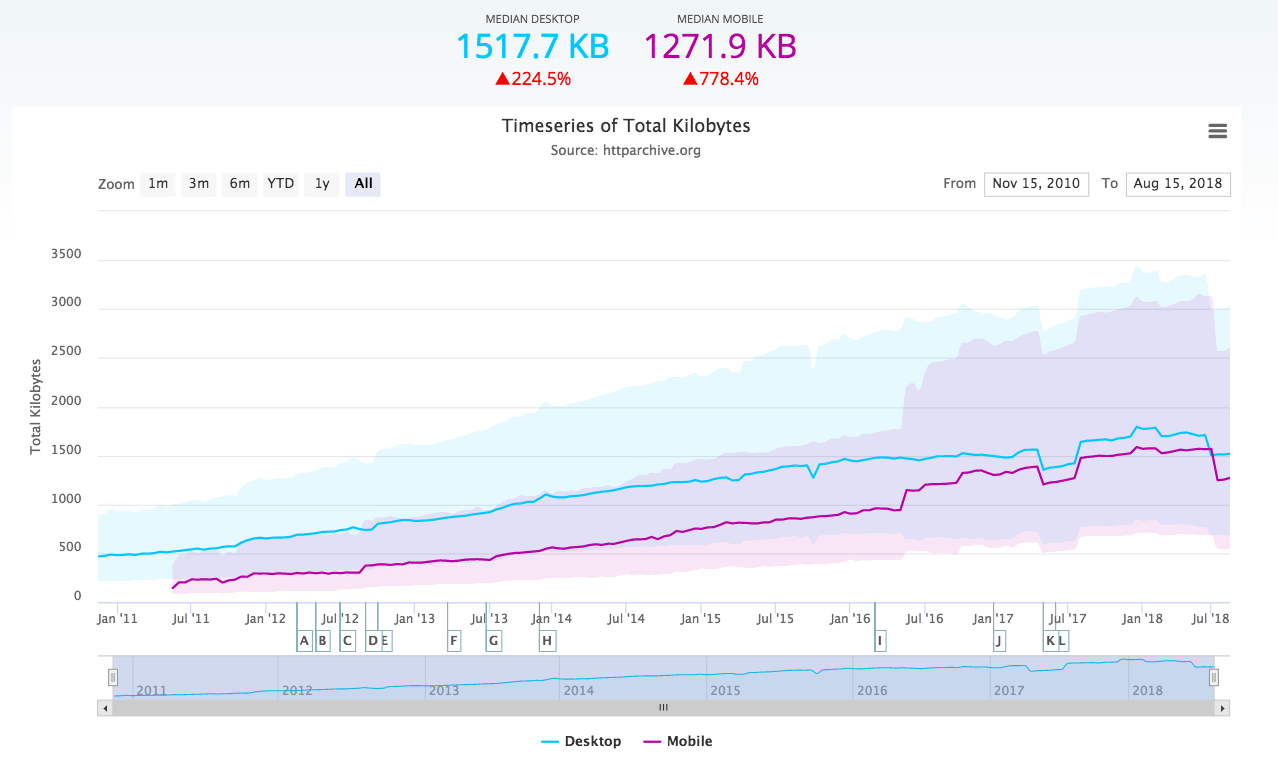 There’s been a lot of talk about how big Facebook has become, and with its 600 million users (!) it has certainly become a force to be reckoned with. But there is still one player out there that dwarfs Facebook, and that is Google.
There’s been a lot of talk about how big Facebook has become, and with its 600 million users (!) it has certainly become a force to be reckoned with. But there is still one player out there that dwarfs Facebook, and that is Google.
The problem is that it’s extremely difficult to estimate just how big Google actually is. But we’re going to try anyway.
Since Facebook uses a single website, it’s relatively easy to keep track of its size (with size, we mean the number of people who use it). With Google, we don’t have that luxury, because it is way more than just the Google.com website.
To give you an idea, here are Google-owned websites ranked in the worldwide top 100:
| Site | Name | Rank |
|---|---|---|
| Google.com | 1 | |
| Youtube.com | YouTube | 3 |
| Blogger.com | Blogger | 5 |
| Google.co.in | Google India | 14 |
| Google.com.hk | Google Hong Kong | 17 |
| Google.de | Google Germany | 19 |
| Google.co.uk | Google UK | 22 |
| Google.co.jp | Google Japan | 25 |
| Google.fr | Google France | 27 |
| Google.com.br | Google Brazil | 29 |
| Google.it | Google Italy | 34 |
| Google.es | Google Spain | 39 |
| Google.ru | Google Russia | 44 |
| Google.ca | Google Canada | 52 |
| Google.co.id | Google Indonesia | 67 |
| Google.com.mx | Google Mexico | 75 |
| Google.com.tr | Google Turkey | 80 |
| Google.com.au | Google Australia | 85 |
| Orkut.com.br | Orkut Brazil | 86 |
| Google.pl | Google Poland | 89 |
| Orkut.com | Orkut | 92 |
Now let’s see now if we can at least estimate a ballpark figure of how big Google is.
Google Search
First, let’s consider Google Search. We have, of course, Google.com, the world’s most visited website according to Alexa.
However, just focusing on Google.com would not be fair to Google. The company has localized Google Search for virtually every country out there. There are 180+ localized versions of Google, all with their own domain.
As you can see in the table we included above, those localized versions of Google Search are popular. There are 16 of them among the top 100 sites worldwide, not counting Google.com.
And let’s not forget all those subsections to Google’s Web Search, like Google News, Google Finance, Image Search, etc. All of those are part of Google Search.
Overall, Google has 90% of the search engine market on the desktop according to StatCounter.
Then we have mobile search, where Google dominates completely. It’s the default search engine for most smartphones, including Apple’s iPhone and Google’s own Android. Google’s market share here is a whopping 97%.
How many users does Google Search as a whole have?
There are about 2 billion Internet users in total, more than 1.5 billion even if you subtract China, which Google currently has a somewhat rocky relationship with. Would it be unrealistic to say that Google Search has at least a billion users if you count the entire Internet? We don’t think so.
But Google is more than search.
The size of Google’s other properties
Although hard numbers can be hard to come by, here are some of Google’s major services and
YouTube
The world’s largest online video service. The YouTube website alone has 500 million visitors per month. Also, 82% of all embedded videos on blogs are YouTube videos (although that last number is from a couple of years ago).
Blogger
Blogger is one of the world’s largest blogging platforms. Its blogs collectively had more than 400 million readers in 2010.
Orkut
Orkut was Google’s first foray into social networks, and still its most successful. It has more than 100 million active users worldwide. Actually, if you count daily visitors to the website, Orkut is second only to Facebook (although a far second), largely thanks to Orkut’s very active user base in Brazil and India.
Google Maps
Aside from being the most widely used map service on the Web and incorporated with a ton of different web services, it’s also the dominating map service used on smartphones. Apple uses Google Maps for iOS, and Android is heavily integrated with Google’s products in general, including maps.
Gmail
Google’s email service is estimated to have around 200 million users.
Google Apps
Google Docs, Spreadsheets, Calendar, and the other web apps under the Google Apps umbrella (which also includes Gmail) are increasingly popular. We haven’t seen any user numbers, but they are bound to be significant.
Android
Google’s Android OS is the world’s fastest-growing smartphone platform with 350,000 new devices activated per day (over 10 million per month). Android very much acts as a platform for Google’s other properties, like maps, email, search, etc.
Chrome
Google’s web browser is gaining market share rapidly in spite of having been available just a few years. According to StatCounter, it currently has 17% of the web browser market.
Other intangibles
Google has so many different services that it’s hard to get a grip on them all. To the ones we’ve already listed, we’d like to quickly add a few more:
- Feedburner, the world’s largest RSS feed service.
- Google Reader, the world’s most popular RSS reader.
- Google Analytics, the world’s most widely used website analytics product
- And all those ad products: Adsense, Adwords, DoubleClick, Admob, etc.
So, how big is Google?
Finally, let’s try to estimate how many people use Google’s products and services.
As we already mentioned, we suspect that the user base of Google Search alone is at least a billion. However, since Google is so much more than just search, the company’s products might very well end up touching a majority of the Internet users out there. Really, how long have you been able to use the Internet yourself without using a Google product of some sort?
Even if you subtract China, which again might not be entirely fair to Google, that would put the user base close to 1.5 billion.
So, in short: Google’s entire user base should be somewhere between 1 and 1.5 billion, depending on how conservative you want to be.
This is of course just speculation on our end. There is bound to be a lot of overlap between the user bases for Google’s various products, but we have no way of knowing how much.
Conclusion
Google.com alone would be impressive. Add to it all the other web properties we’ve listed in this article and it quickly becomes obvious that Google is still very much the king of the Internet. They may be having some trouble in social, at least compared with Facebook, but let’s not forget all the other things they do, and do well.


























